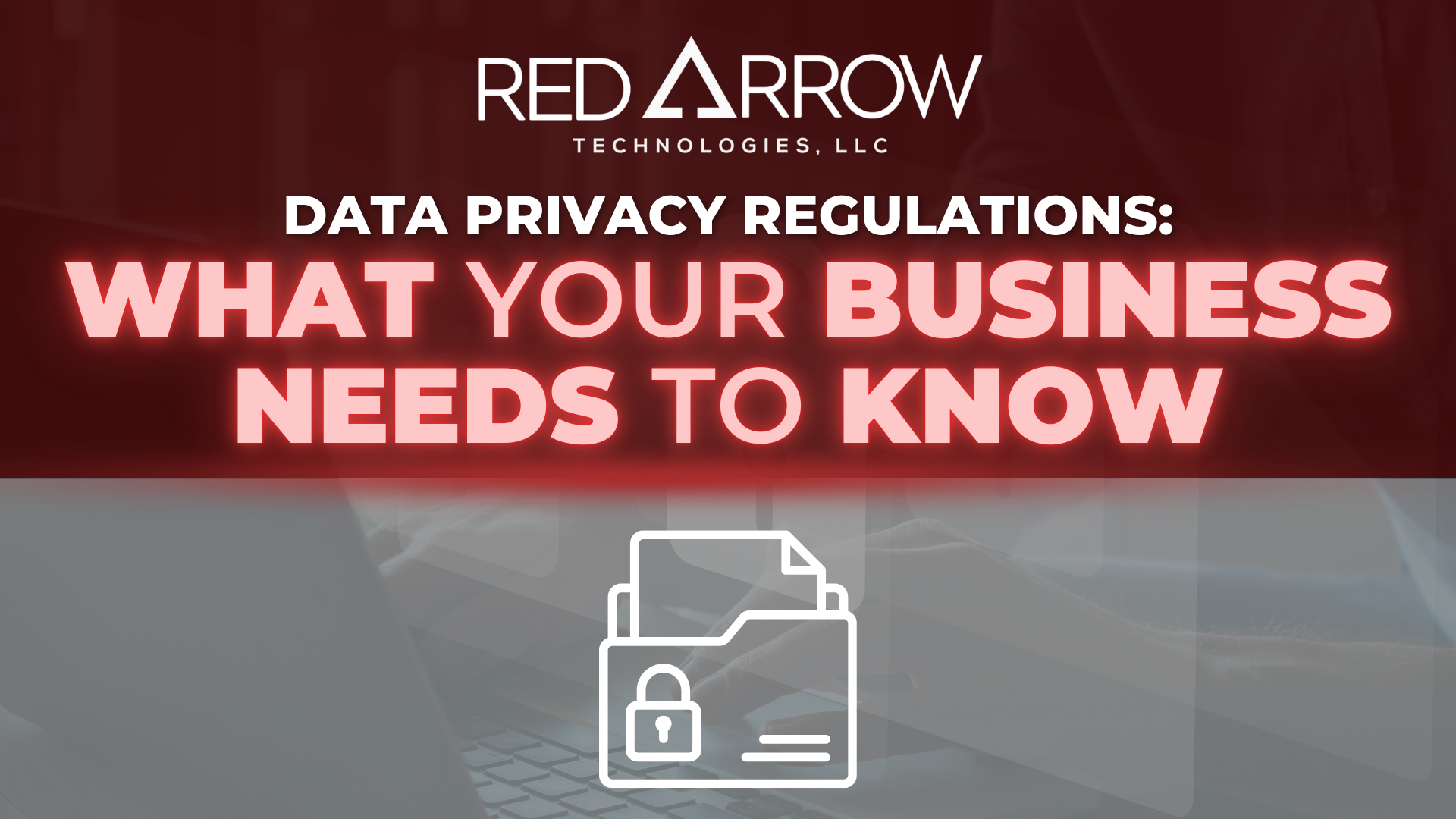Keeping up with data privacy laws is not an option anymore; it is a business necessity. Governments around the world have attempted to tighten their regulation of personal data, forcing organizations to comply or face hefty fines and reputational damage. Whether you are a startup or an established business, understanding and implementing steps to ensure data privacy in your company is crucial for long-term success.
Why Data Privacy Matters More Than Ever
Consumers are becoming more aware of how their data is collected, stored, and used. According to a survey by Cisco in 2023, 92% of consumers consider data privacy important. At the same time, data protection authorities are increasing their enforcement, and the penalties, such as Amazon’s $877 million General Data Protection Regulation (GDPR) fine, are setting the standard for accountability.
Strong data protection practices build trust. Beyond avoiding fines, they foster customer loyalty and improve cybersecurity resilience. The difficulty, however, lies in navigating the global regulatory maze while maintaining compliance throughout.
A Snapshot of Key Data Privacy Regulations
As technology progresses and cyber threats become more sophisticated, the governments of various countries are implementing more stringent laws to ensure that consumers have more rights and legal recourse to enforce compliance.
Businesses must understand the regulations to reduce risks, avoid penalties that could cost millions of dollars, and, most importantly, gain the trust of their clients. Here is a snapshot of some of the most critical data privacy regulations affecting the world’s networks work and how they impact businesses and consumers.
General Data Protection Regulation (GDPR)
Other parts of the world are now developing similar laws based on the EU’s GDPR. These laws also apply to any company collecting or processing data relating to residents of the EU, regardless of the company’s location.
The idea is that businesses must have a lawful processing basis. They must have a valid reason to process personal data, such as user consent, contractual necessity, or legal obligation. It also guarantees data subject rights, such as the right to access, correct, delete, and restrict the processing of personal data.
Organizations must report any data breach within 72 hours to comply with breach notification rules. Non-compliance penalties are severe and can cost up to €20 million ($21.77 million) or 4% of the company’s annual global turnover.
California Consumer Privacy Act (CCPA) and California Privacy Rights Act (CPRA)
In the United States, the CCPA and its successor, CPRA, guarantee that the residents of California have more rights to their personal information. Any commercial activity in California must disclose data collection and usage practices or what it will be used for.
Companies must demonstrate their commitment to data privacy by providing customers clear options to opt out of data sales. Consumers would have unlimited access to their data, including the right to request correction and deletion. Organizations must also increase their defenses to prevent risks posed by unauthorized access and cyber threats.
Other U.S. State and Federal Regulations
The United States has no federal data privacy law, but all states have passed their regulations. For instance, the Virginia Consumer Data Protection Act (VCDPA) and the Colorado Privacy Act (CPA) share similarities with the GDPR and impose obligations on businesses about processing personal data.
In addition, there are laws in the United States that are specific to certain types of institutions, such as the Health Insurance Portability and Accountability Act (HIPAA), which regulates healthcare data, and the Gramm-Leach-Bliley Act (GLBA), which imposes specific compliance requirements on financial institutions in their respective sectors.
Global Data Privacy Trends
Countries worldwide are tightening data protection laws, with countries like Brazil with Lei Geral de Protecao de Dados (LGPD) and Canada with the Personal Information Protection and Electronic Documents Act (PIPEDA) enforcing strict compliance expectations.
These regulations are meant to inform consumers of the types of data collected and how they are used. As more governments and regulatory organizations build on privacy laws, businesses will have no choice but to move forward.
Steps to Ensure Data Privacy in Your Company
The provisions may appear complicated, but some steps can be taken to reduce complexity while increasing security.
Conduct a Data Privacy Audit
Determine what personal information your company will collect, where it will be stored, who will access it, and how it will be used. Discover the gaps and work to address the vulnerabilities.
Implement Strong Data Governance Policies
Policies help to avoid violations since they spell out the rules for collecting, processing, and storing data, and they also help to prevent violations. Set up a retention schedule, establish rules for who can access it, and do not forget to encrypt specific data.
Ensure Transparent Data Practices
Communicate with customers about their data rights and how their information would be used. Draft easy-to-read privacy policies and have consent mechanisms aligned with the law.
Strengthen Security Measures
These include encryption, multi-factor authentication (MFA), and access control mechanisms. There is a periodic software update and penetration testing for security gap identification.
Train Employees on Data Privacy
Human error is generally the leading cause of data breaches. Regular training on data privacy laws and best practices allows employees to identify threats and uphold compliance.
Establish a Breach Response Plan
Prepare for potential data breaches by developing a clear incident response strategy. Ensure your plan aligns with legal reporting requirements and outlines steps to mitigate damage.
Partner with Compliance and Security Experts
Trend analysis, updates on new developments, and revisions of regulations require expertise. However, the best practice is to partner with IT and legal experts, ensuring that your business remains compliant while reducing risks.
How Red Arrow Technologies Can Help
Understanding GDPR compliance for small businesses and all other global compliance could be tricky, but you don’t have to do it alone. Your business needs more than IT; it needs IT that works for you. Red Arrow Technologies has your IT services, data protection, and compliance solutions, all provided and managed by experts to protect your business. We can confidently guide you through your data privacy laws, so call us today and find out how.



